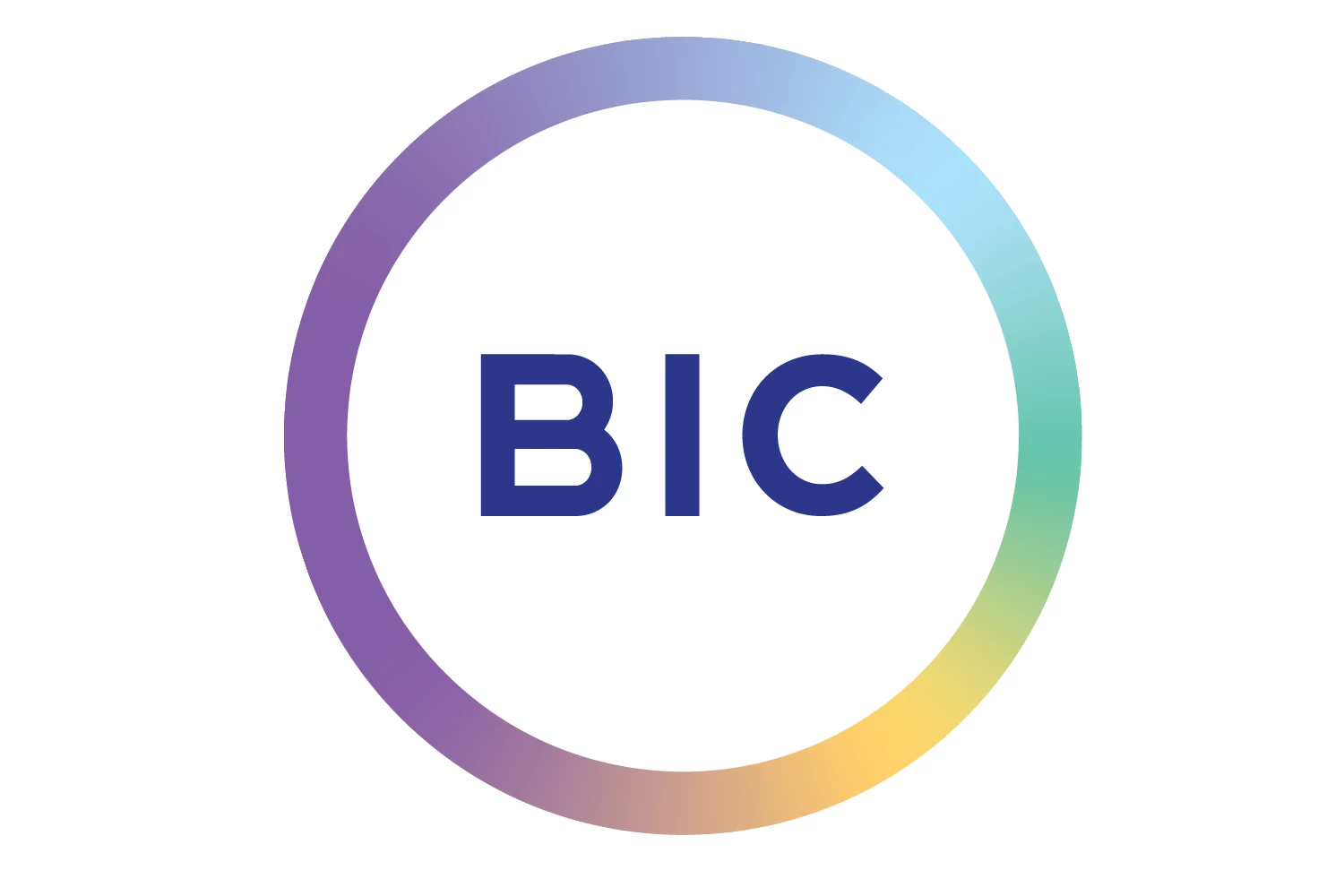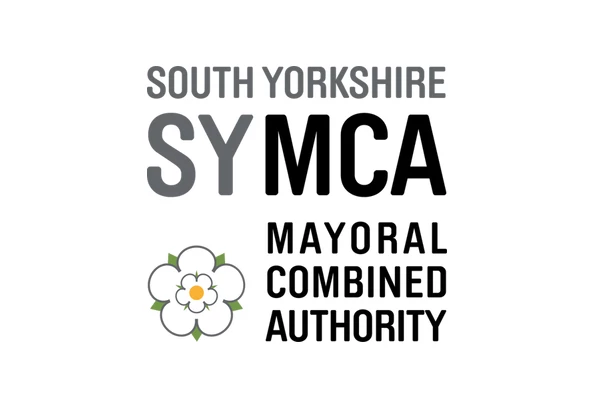
Member Article
Student debt – To pay or not to pay off early
As the university academic year approaches parents may be worrying about the looming student debt their child is about to build up.
Kay Ingram, director of individual savings and investments at LEBC Group says: “Many parents can be keen to pay fees for their children to avoid them having such a big debt, but whether or not this is a financially sensible decision will depend on the individual circumstances, and deciding whether or not to do this is a decision that involves an element of risk.”
Ingram points out that it may not be worth paying up front when:
A child is unlikely to earn more than the £21,000 (in today’s money) threshold. This would cost up to £27,000, which the child would never be required to repay. A child has average graduate income. This could lose the parent up to £25,500, this estimation is based on a graduate who starts on a salary of £25,500 and sees that rise each year at 2% above inflation.
However, Ingram adds that parents can make a saving paying fees up front in the following scenarios:
The child earns a very good salary: the parent could save up to £26,000 in a scenario where the graduate gains employment at a starting salary of £35,000 and sees this rise heavily each year at 4% above inflation.
“An alternative to paying off the fees up front is to put the money aside until you have a better idea about the future, for example into an ISA or a savings account,” says Ingram.
“The interest earned in the meantime can be used to help offset the interest accrued on the student loan. In the short term however it should be noted the rate of interest chargeable to current students of 3% plus RPI is significantly higher than the best cash ISA rates on offer.”
This was posted in Bdaily's Members' News section by LEBC Group Ltd .



 How advancements in technology are shaping the future of the economy in North East England
How advancements in technology are shaping the future of the economy in North East England
 South Yorkshire Craftsmanship and Innovation: A Tale of Heritage and Growth
South Yorkshire Craftsmanship and Innovation: A Tale of Heritage and Growth
 Demystifying Degree Apprenticeships
Demystifying Degree Apprenticeships
 Industry-focused apprenticeships pave the way for a bright future in science manufacturing
Industry-focused apprenticeships pave the way for a bright future in science manufacturing
 What’s the best hosting plan for a business website?
What’s the best hosting plan for a business website?